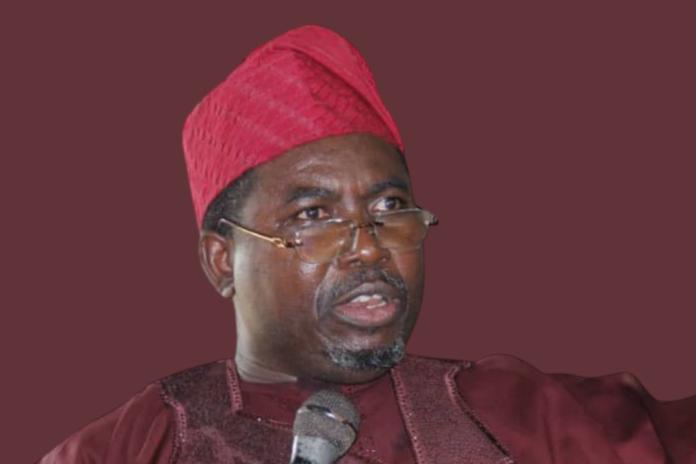Nigeria’s electoral commission chairman Joash Amupitan, SAN on Tuesday credited the Bimodal Voter Accreditation System (BVAS) with virtually eliminating identity theft at polling stations, declaring that the technology has “ended the era of multiple voting and impersonation” that once plagued the country’s elections.
Speaking at a stakeholder forum in Abuja ahead of the 2027 cycle, Yakubu said BVAS’s fingerprint and facial recognition features now verify every voter in real time, rendering traditional fraud tactics obsolete.
“Before BVAS, identity theft was rampant. People voted ten, twenty times with borrowed or stolen cards. Today, that is impossible,” Yakubu told participants. “Once your biometrics are captured, the system locks you out. You cannot vote twice, and no one can vote in your place.”
He revealed that in the 2023 general elections and subsequent off-cycle polls, BVAS rejected over 2.7 million attempted duplicate accreditations nationwide, with the highest incidents recorded in states previously notorious for ballot stuffing.
“The machine does not recognise party colour, ethnicity or religion. It only recognises the voter registered in the database,” the INEC chair stressed.
Yakubu announced further upgrades for 2027, including full integration of BVAS with the electronic transmission of results and deployment of additional 40,000 units to cover remote polling units.
Civil society groups welcomed the assessment, but some observers cautioned that logistical failures, late arrival of materials and network glitches still undermine public confidence in isolated areas. INEC promised to address those gaps through enhanced training and satellite connectivity in the next cycle.





